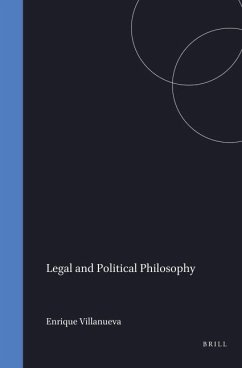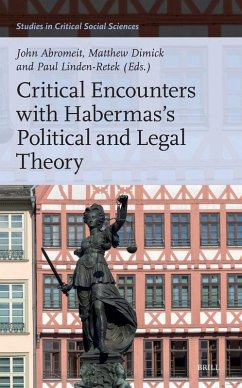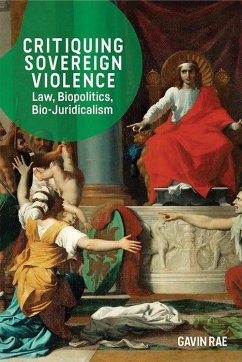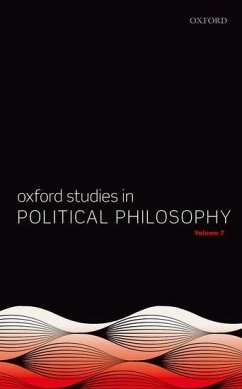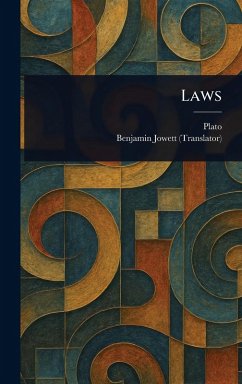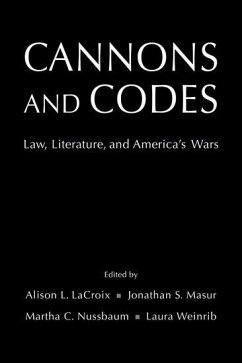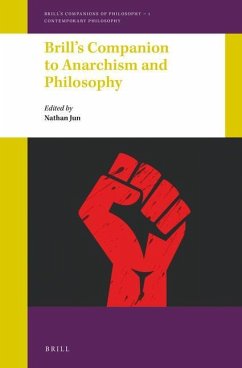
Universal Right
Illustrated. Translated from Latin and Edited by Giorgio Pinton and Margaret Diehl
Versandkostenfrei!
Versandfertig in über 4 Wochen
259,99 €
inkl. MwSt.

PAYBACK Punkte
130 °P sammeln!
This book is the first translation from Latin into English of the juridical writings of one of the greatest minds of the Enlightenment and one of the greatest figures in Italian philosophy. The complete text is fully annotated, supplied with an extensive introduction, completed by historical and biographical documents, and graced with evocative illustrations. Legal scholars, philosophers, historians, and political scientists throughout the world may now discover a classic by one of the world's great jurists. Giambattista Vico (1668-1744) spent his entire life in Naples, where he taught at the ...
This book is the first translation from Latin into English of the juridical writings of one of the greatest minds of the Enlightenment and one of the greatest figures in Italian philosophy. The complete text is fully annotated, supplied with an extensive introduction, completed by historical and biographical documents, and graced with evocative illustrations. Legal scholars, philosophers, historians, and political scientists throughout the world may now discover a classic by one of the world's great jurists. Giambattista Vico (1668-1744) spent his entire life in Naples, where he taught at the University of Naples from 1699, the year he won the Chair of Rhetoric and Forensic Eloquence, to 1741, the year Gennaro Vico, his son, took over the duty of lecturer. In 1723, after having written the Universal Right, he competed, though without success, for the Chair of Civil Law, at the same University. He wrote the Universal Right in Latin, the official and universal language of scholarly works, to prove his competency in the field of law and jurisprudence. The Universal Right had a continuous relevance to the development and growth of juristic studies, both in Italy and in Europe, where it was translated into French and German. From the eighteenth to the twentieth century, the Universal Right influenced the writings and teaching of the practitioners of the Forum--Emmanuele Duni, Antonio Genovesi, Jules Michelet, Francesco Lomonaco, Mario Francesco Pagano, Gian Domenico Romagnosi, Cesare Lombroso, Pasquale Galluppi, Cesare Beccaria, and, among the many recent jurists, Emilio Betti, who taught in Italy and Germany, the author of Allgemeine Auslegungslehre als Methodik der Geisteswissenschaften. Due to the influence of Benedetto Croce's disapproving interpretation, the Universal Right remained often overshadowed by the New Science in its three editions of 1725, 1730, and 1744. As we start the twenty-first century, scholars are by-passing Croce's statement, and are looking at the Universal Right with due objectivity and renewed interest. While the New Science has been available since 1948, the Universal Right appears now, for the first time, in English, the contemporary universal language. Contrary to the opinion of some scholars, Vico, in the New Science, stated that he did not regret having written the Universal Right; he used the copy in his possession as a reference manual for all the works written afterward, until 1735. Andrea Battistini wrote, "When an English translation of the Diritto universale [Universal Right] is available, which will be able to rectify the trend toward contemporary relevance with a greater sense of historicity through an emphasis on the debt to Roman jurisprudence, one will finally arrive at a synthetic overall view, obscured today by the numerous specialized analyses. At all events, however, it is to be hoped that the multiplicity of voices, the dialectical battle of interpretations and the duel between historicity and contemporary relevance do not subside". Isaiah Berlin stated that, "Vico was not read," and, thus, his ideas were the treasure-trove in the hands of a few specialists and, in like manner, they remained to our day. Other scholars have mentioned the "copiatori di [copycats of] Vico" when speaking about the history and transmission of ideas. In regard to Universal Right, contemporary research and writing is pale and scarce, given the unavailability of translations and the difficulties of the original.



